California’s bold move to raise the minimum wage for fast-food workers to $20 an hour was predicted by many to be a disaster. But here we are, with more fast-food jobs than ever before. So, what’s really going on?
A Record-Breaking Job Surge

Since the wage increase took effect, California has added 11,000 new fast-food jobs, bringing the state’s total to a record-breaking 750,500. This growth challenges earlier predictions of mass layoffs following the wage hike, as highlighted by recent data from both the California Governor’s Office and the U.S. Bureau of Labor Statistics.
Critics Predicted Disaster

Before the wage hike, economists and business groups warned that fast-food jobs would disappear faster than a burger on a lunch break. Some argued that businesses simply couldn’t sustain the higher labor costs.
Job Gains Defy Expectations

Despite these warnings, California’s fast-food industry has been on a hiring spree. Every month since the wage hike, job numbers have increased, proving that the industry is more resilient than many expected. Governor Gavin Newsom highlighted this growth: “Despite those who pedaled lies about how this would doom the industry, California’s economy and workers are again proving them wrong.” This surge in employment defies the predictions of mass layoffs that critics argued would follow the wage hike.
Why Jobs Are Growing: Economic Theories at Play
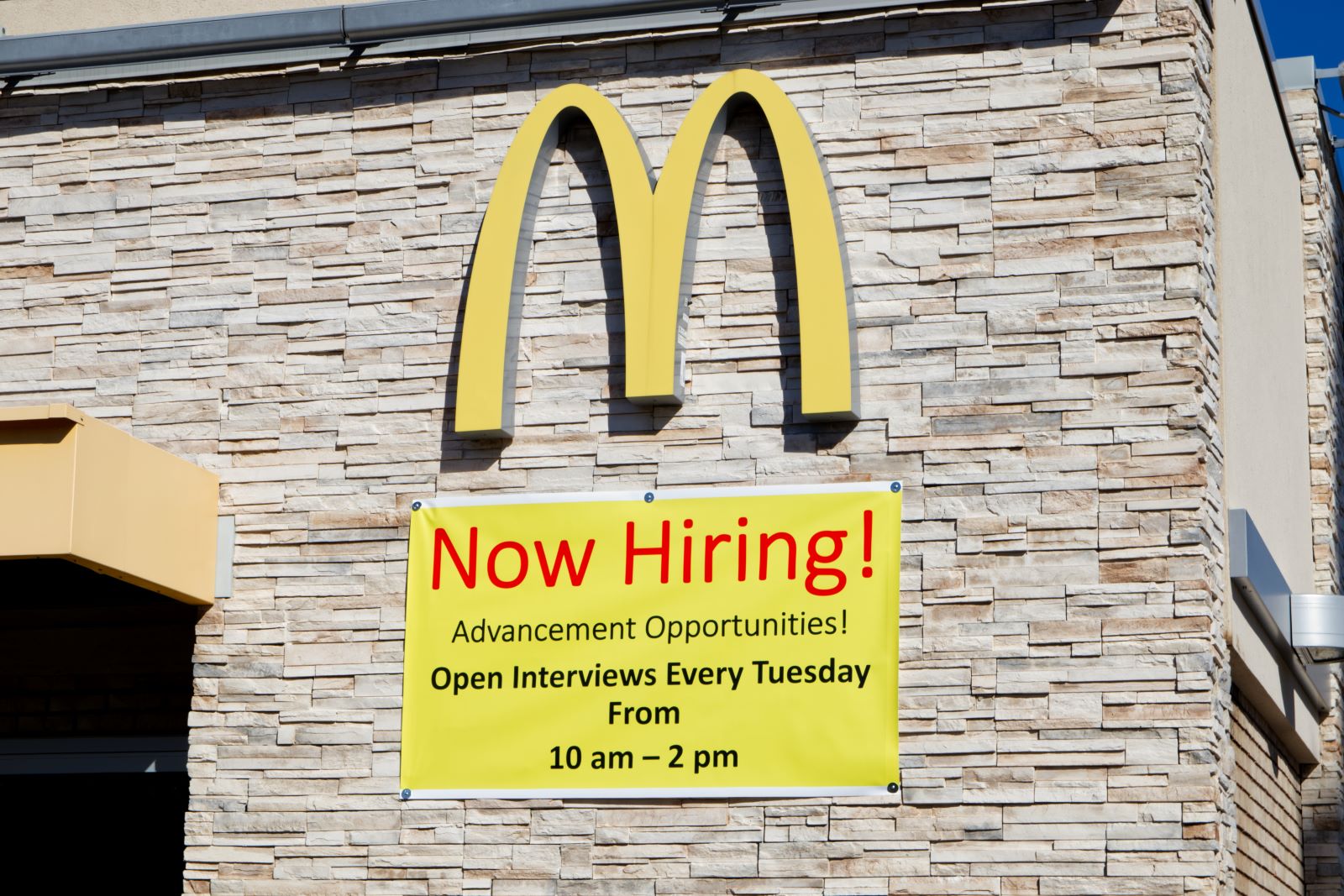
Proponents of the wage increase argue that putting more money in workers’ pockets boosts consumer spending, which in turn stimulates job growth. The data seems to back this up, with fast-food employment steadily rising alongside the wage hike.
The Price of a Meal Just Went Up
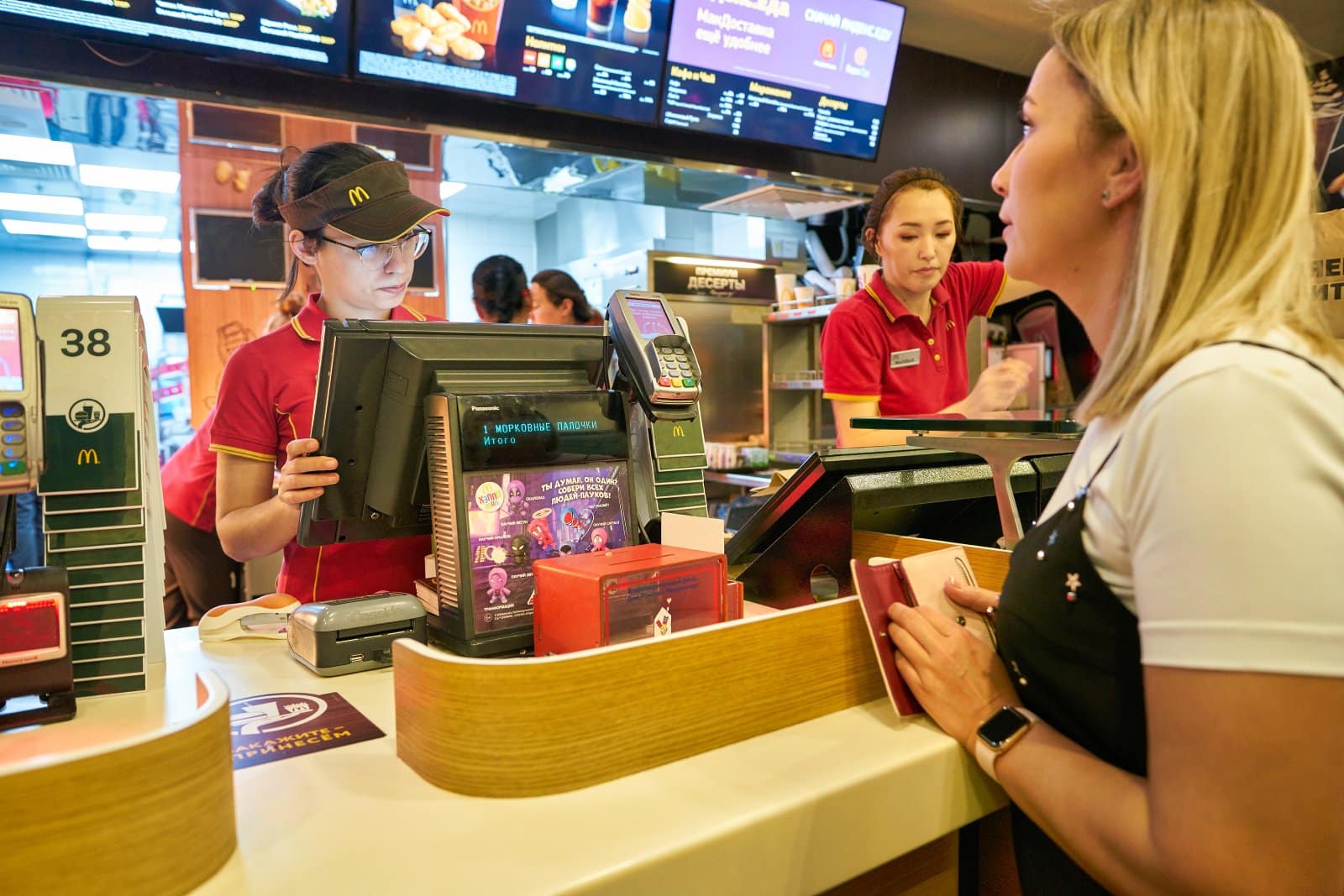
But this growth isn’t without its costs—literally. Fast-food prices in California have risen as businesses pass on the higher labor costs to consumers. While the higher wages are a win for workers, customers are now paying more for their burgers and fries.
Small Businesses Feel the Squeeze

Not all fast-food operators are celebrating. Small, independent restaurants have been hit hardest, struggling to keep up with the wage demands without the deep pockets of large chains like McDonald’s or Taco Bell. For some, the only option has been to reduce staff or close up shop altogether.
Automation on the Rise

To cope with rising costs, many fast-food chains are investing in automation. From self-order kiosks to automated fryers, the push to replace human labor with machines is accelerating, potentially threatening jobs in the long run.
Lower Turnover, Higher Stability
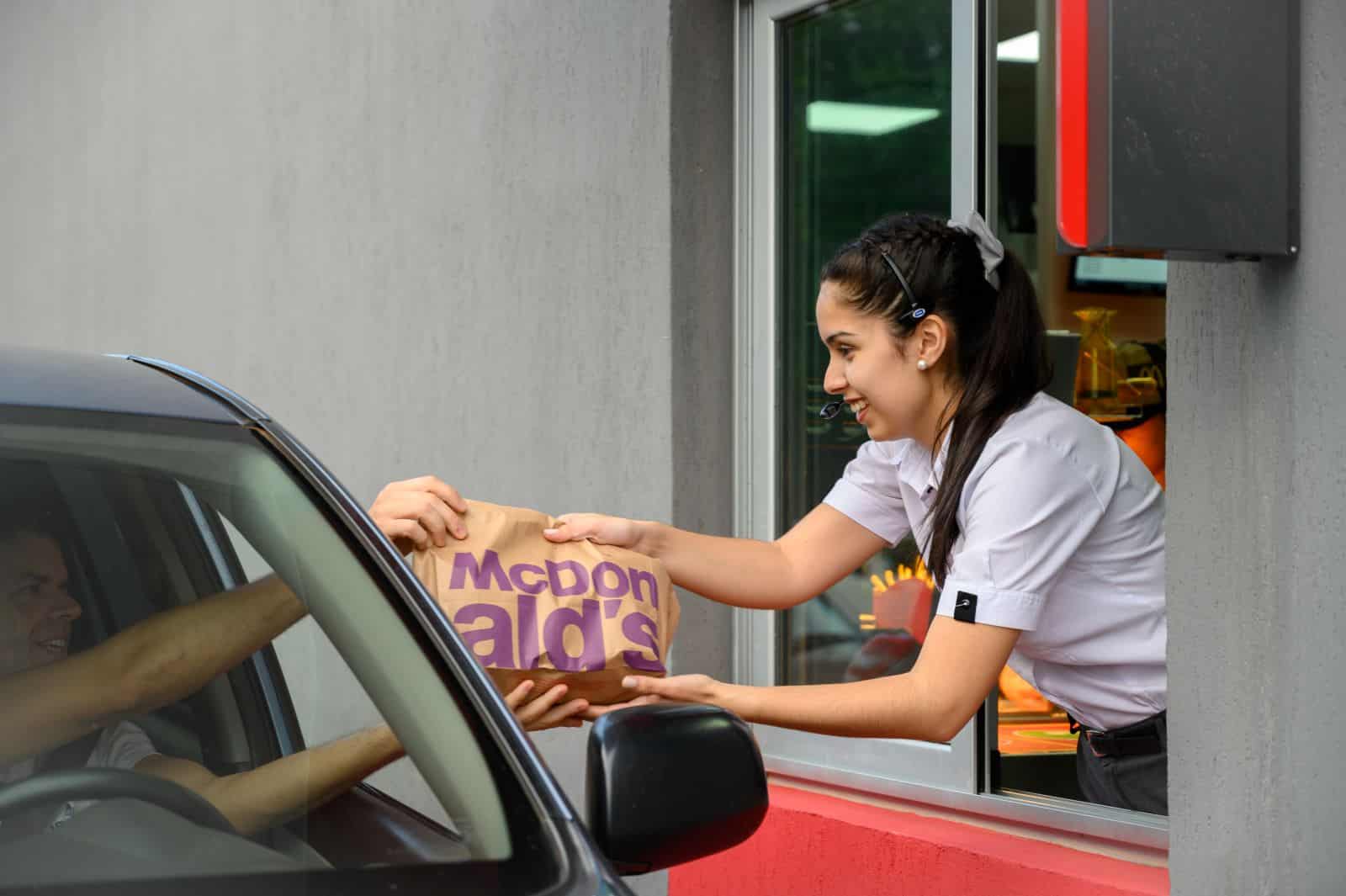
On the flip side, higher wages have led to lower turnover rates. Fast-food jobs, notorious for their high turnover, are becoming more stable as workers are more likely to stay in their positions now that they’re earning more.
Economic Resilience or Temporary Boom?

The big question is whether this job growth is sustainable. Critics argue that the current boom could be temporary, with longer-term effects like increased automation and higher prices potentially leading to slower job growth down the road.
Workers Celebrate Higher Wages

For workers, the wage increase has been a life-changer. Many are now earning enough to cover basic living expenses in California’s expensive economy, something that wasn’t possible before the wage hike.
Business Owners Warn of Future Cuts

Business owners, especially those running small chains or independent restaurants, warn that they may be forced to cut jobs or reduce hours if labor costs continue to rise without a corresponding increase in sales.
Consumers Pay the Price

For consumers, the impact of the wage hike is most evident in the rising cost of fast food. While some are willing to pay more to support better wages, others are feeling the pinch and dining out less frequently.
Politicians Weigh In
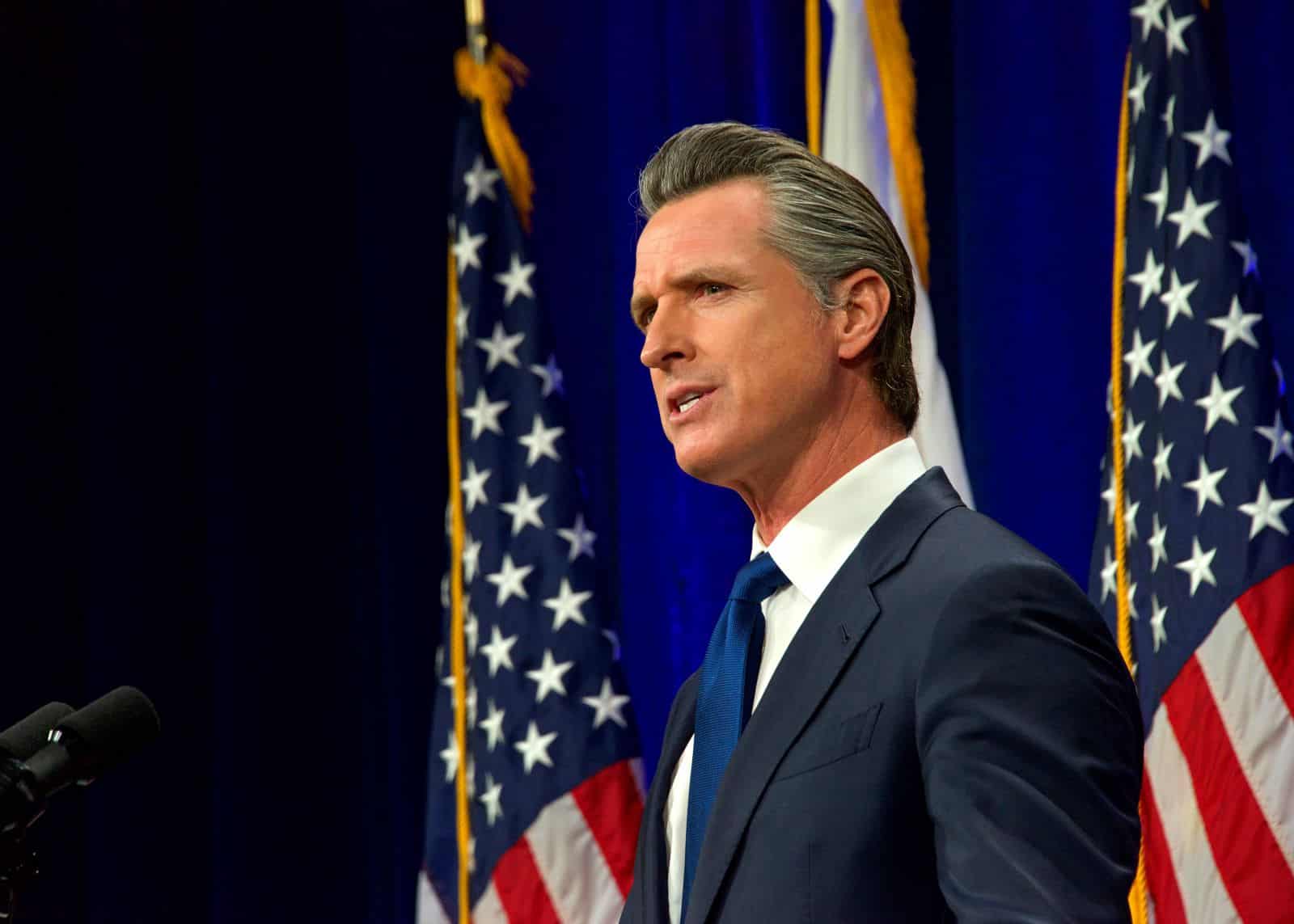
California’s political leaders, including Governor Gavin Newsom, have hailed the wage increase as a victory for workers. Newsom has emphasized that higher wages benefit both the workers and the state’s economy. As he noted, “What’s good for workers is good for business, and as California’s fast food industry continues booming every single month our workers are finally getting the pay they deserve.”
Critics Remain Skeptical

Not everyone is convinced. Critics continue to argue that the wage hike could have unintended consequences, such as accelerating the push toward automation and ultimately reducing job opportunities in the long run.
A Blueprint for Other States?
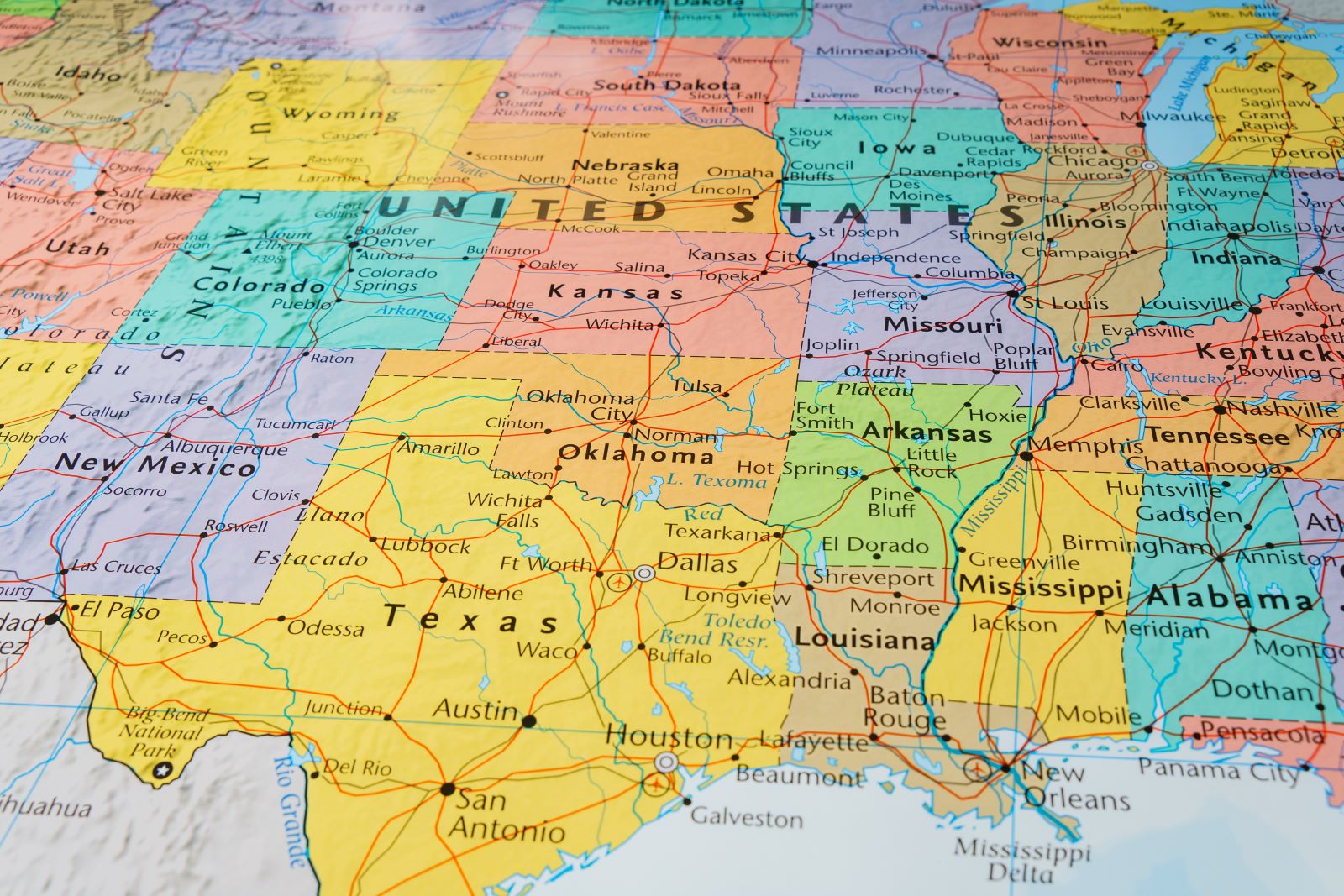
As other states watch California’s experiment, there’s a growing debate about whether this approach could work elsewhere. Some states are considering similar wage hikes, while others are taking a more cautious approach.
The Future of Fast-Food Work
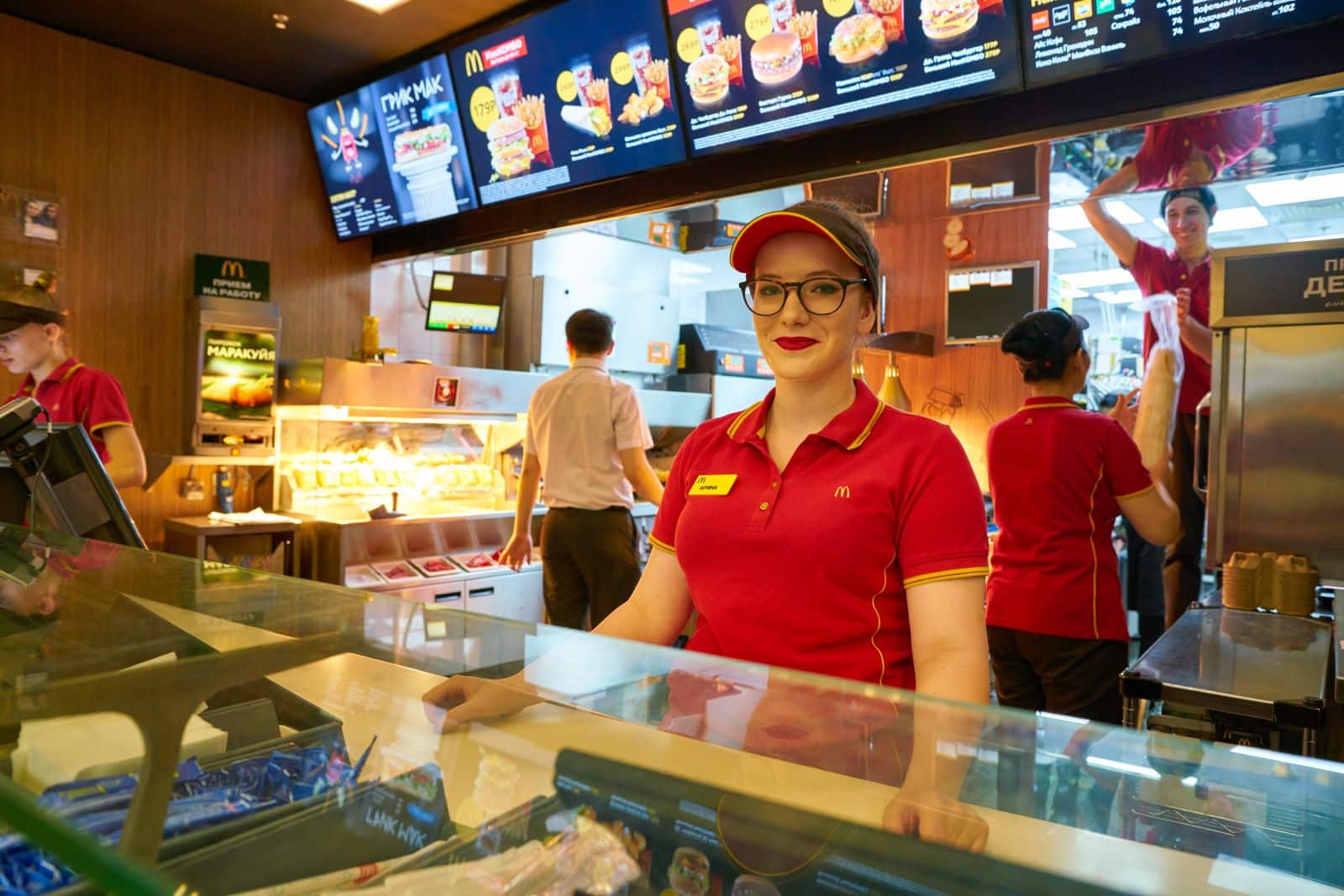
The future of fast-food work in California—and potentially across the U.S.—is at a crossroads. Will higher wages lead to a more stable, prosperous workforce, or will the industry’s push toward automation ultimately reduce job opportunities? Only time will tell.
A New Era or Just a Blip?
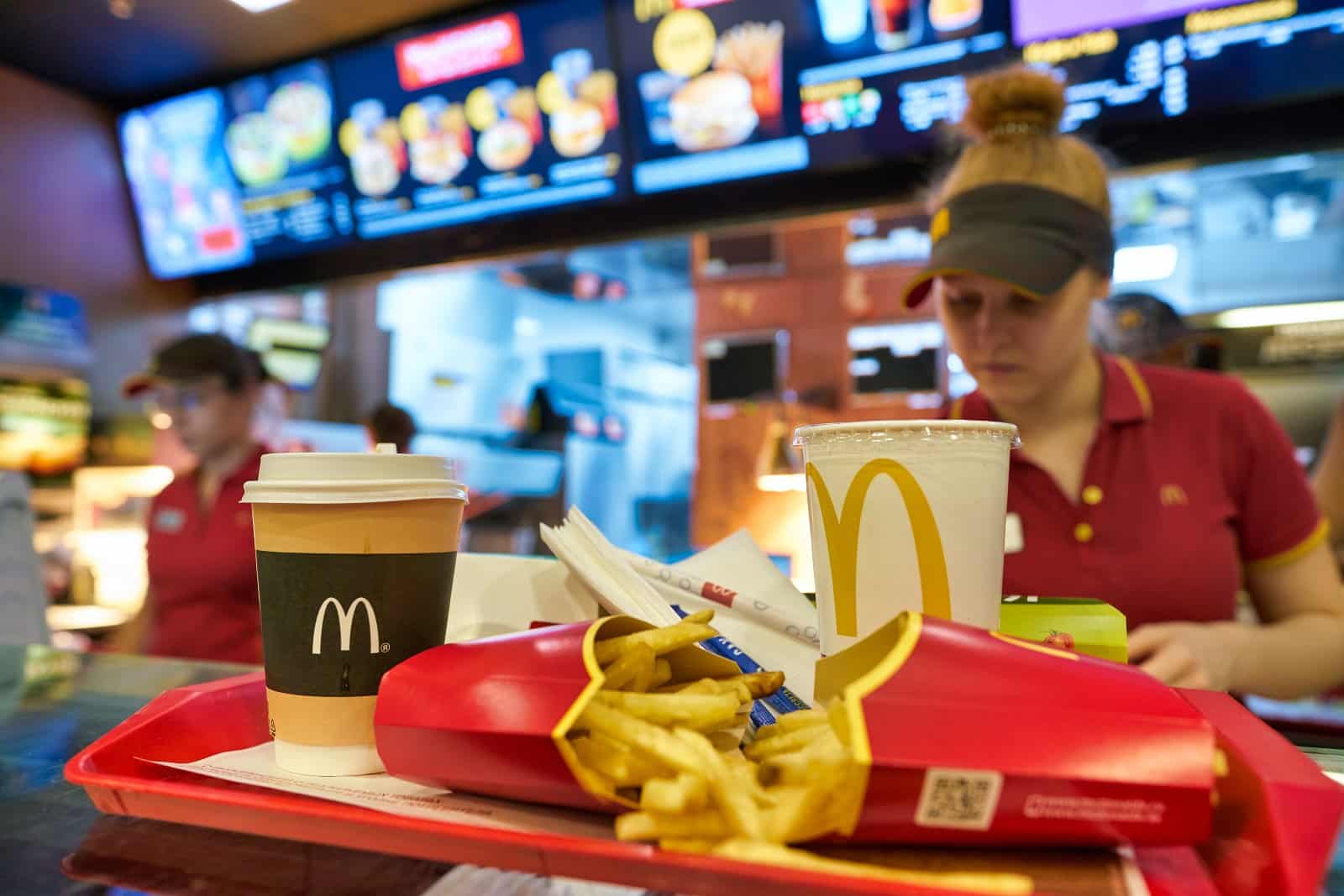
California’s minimum wage hike has undeniably impacted the fast-food industry in unexpected ways. Whether this growth marks the beginning of a lasting trend or a temporary adjustment period is still unfolding. One thing is clear: California is charting a course that others will watch closely, with lessons to be learned on both sides of the debate.
Millennials Are Over It: 25 Reasons Woke Culture Is Losing Its Charm

Has the push for progress tipped too far into preachiness? Here’s why many Millennials might think so. Millennials Are Over It: 25 Reasons Woke Culture Is Losing Its Charm
Is It Time Boomers Paid the Price for America’s Economic Inequality?

The American Dream feels more elusive than ever, especially for younger generations. What was once achievable through hard work now faces significant hurdles, from skyrocketing college costs to the challenging pursuit of homeownership. Here’s a look at why it’s tougher for Millennials and Gen Z compared to Baby Boomers. Is It Time Boomers Paid the Price for America’s Economic Inequality?
Rent Crash in California: Landlords Scramble as Prices Take a Hit

California’s rental market is taking a nosedive, with major cities seeing huge drops in rent prices. Rent Crash in California: Landlords Scramble as Prices Take a Hit
Featured Image Credit: Shutterstock / Kauka Jarvi.
The content of this article is for informational purposes only and does not constitute or replace professional advice.
The images used are for illustrative purposes only and may not represent the actual people or places mentioned in the article.




